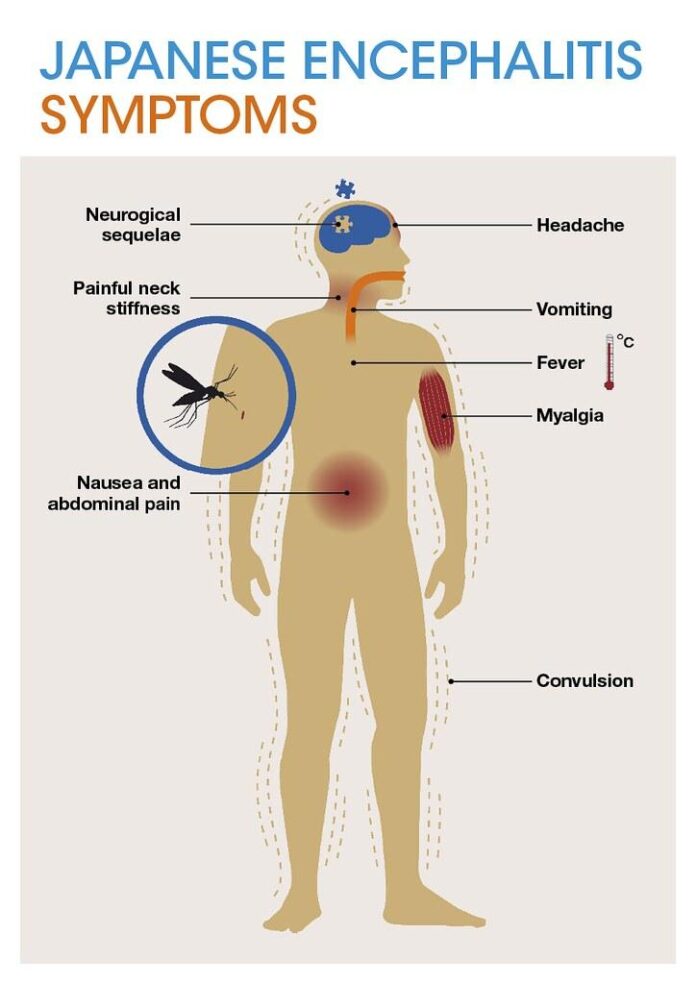
Wilms tumor is a type of kidney cancer that mainly affects children. It is also known as nephroblastoma and is the most common type of kidney cancer in children. While Wilms tumor is a rare condition, it is important for parents and caregivers to be aware of the potential symptoms so that they can seek medical attention if necessary. In this article, we will discuss the symptoms of Wilms tumor and what to look out for in children.
The symptoms of Wilms tumor can vary from child to child, and some children may not display any symptoms at all. However, there are several common symptoms that parents should be aware of, including abdominal swelling, pain, and other signs of distress that can indicate the presence of a kidney tumor.
Abdominal Swelling
One of the most common symptoms of Wilms tumor is abdominal swelling. This can occur on one side of the abdomen where the tumor is located, and it may cause the abdomen to feel hard or full. In some cases, the swelling may be so severe that it can be seen or felt by the child or their caregiver. If you notice any unexplained swelling in your child’s abdomen, it is important to seek medical attention right away to rule out any serious underlying conditions.
Abdominal Pain
Another common symptom of Wilms tumor is abdominal pain. This pain may be localized to the side of the abdomen where the tumor is located, and it may be constant or come and go. The pain can range from mild to severe, and it may be accompanied by other symptoms such as nausea and vomiting. If your child is complaining of persistent abdominal pain, it is important to have them evaluated by a healthcare professional to determine the cause.
Blood in the Urine
Blood in the urine, also known as hematuria, can be a sign of several different medical conditions, including Wilms tumor. If you notice blood in your child’s urine, it is important to seek medical attention right away to rule out any serious underlying conditions. In some cases, blood in the urine may be visible to the naked eye, while in other cases it may only be detected through a urine test.
High Blood Pressure
Wilms tumor can sometimes cause high blood pressure in children. This is known as hypertension, and it can cause a range of symptoms including headaches, dizziness, and blurred vision. If your child is displaying symptoms of high blood pressure, it is important to have them evaluated by a healthcare professional to determine the cause and receive appropriate treatment.
Fatigue
Children with Wilms tumor may experience fatigue or tiredness, which can be a result of the cancer itself or the body’s response to the cancer. Fatigue can be a subtle symptom and may be overlooked, but if your child is consistently feeling tired or lacking in energy, it is important to have them evaluated by a healthcare professional to rule out any serious underlying conditions.
Fever
Fever is another potential symptom of Wilms tumor, although it is less common than other symptoms. If your child has an unexplained fever that does not go away, or if they have a fever accompanied by other symptoms such as abdominal pain or blood in the urine, it is important to seek medical attention right away to determine the cause.
Loss of Appetite
Children with Wilms tumor may also experience a loss of appetite, which can result in weight loss and decreased energy levels. If your child is consistently refusing to eat or is losing weight without trying, it is important to have them evaluated by a healthcare professional to determine the cause and receive appropriate treatment.
Constipation
In some cases, children with Wilms tumor may experience constipation as a result of the tumor pressing on the intestines or other nearby organs. If your child is having persistent constipation or other gastrointestinal issues, it is important to seek medical attention to determine the cause and receive appropriate treatment.
Swelling or Pain in the Legs
In rare cases, Wilms tumor may cause swelling or pain in the legs as a result of pressure on the blood vessels or other nearby structures. If your child is experiencing unexplained swelling or pain in their legs, it is important to seek medical attention right away to rule out any serious underlying conditions.
Anemia
Anemia, or a low red blood cell count, can be a symptom of Wilms tumor. This can result in symptoms such as weakness, fatigue, and pale skin. If your child is displaying symptoms of anemia, it is important to have them evaluated by a healthcare professional to determine the cause and receive appropriate treatment.












